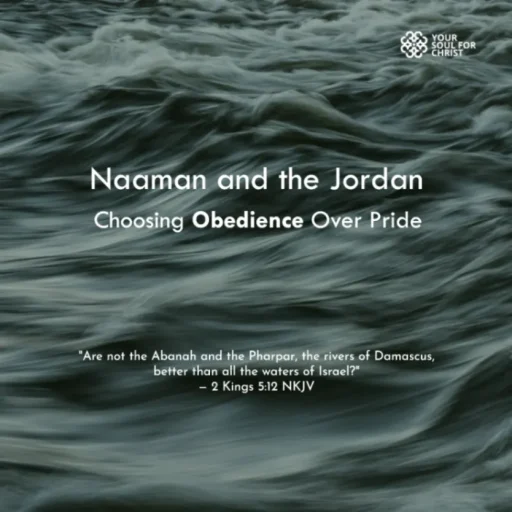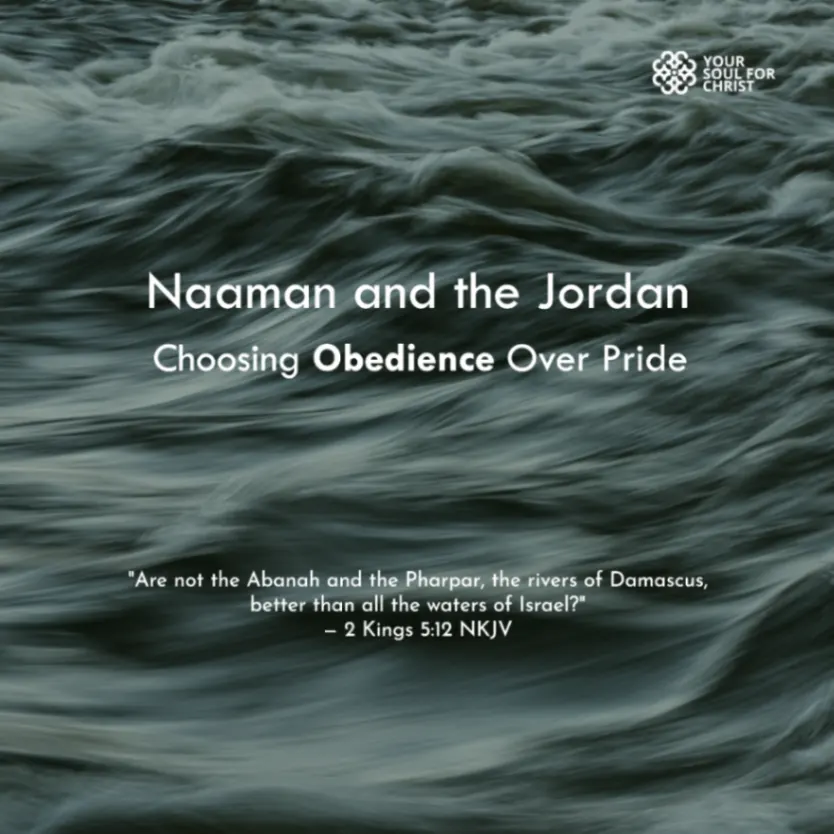But Naaman became furious, and went away and said, “Indeed, I said to myself, ‘He will surely come out to me, and stand and call on the name of the LORD his God, and wave his hand over the place, and heal the leprosy.’ Are not the Abanah and the Pharpar, the rivers of Damascus, better than all the waters of Israel? Could I not wash in them and be clean?” So he turned and went away in a rage.
2 Kings 5:11-12 NKJV
Do you remember Naaman? Yes, that strong and remarkable soldier from the Bible. He was a great man, a captain of the army. However, despite his accomplishments and status, Naaman had a significant problem—he was a leper. This stark contrast in his life highlights an important truth: worldly success cannot mask inner struggles.
In 2 Kings 5:11-12, Naaman expressed his expectations after seeking healing from the prophet Elisha. He said, “Indeed, I said to myself, ‘He will surely come out to me, and stand and call on the name of the Lord his God, and wave his hand over the place, and heal the leprosy.’” Naaman envisioned a dramatic, miraculous event where the prophet would simply wave his hand and the leprosy would vanish. But God’s ways often defy human expectations.
Elisha, instead, instructed Naaman to wash seven times in the Jordan River to be cleansed. This command was simple but, to Naaman, it seemed beneath his dignity. He thought, “Are not the rivers of Damascus, better than all the waters of Israel?” Why should a man of his calibre stoop to washing in a river he considered unclean?
Naaman’s reaction mirrors how many of us respond to God’s instructions today. We often expect God to speak in grand, mystical ways or to use methods that align with our preferences. Yet, God frequently works through humble, unexpected means. His instructions may come through a still small voice, a child, or a seemingly insignificant task. If we impose our expectations on how God should act, we risk missing His blessings.
Naaman eventually obeyed the prophet’s command and washed in the Jordan. To his amazement, his skin was restored, and he was cleansed of his leprosy. The river’s condition or his preconceived notions didn’t matter; what mattered was his obedience to God’s word. What are the lessons for us:
- Obedience Over Pride: Like Naaman, we must set aside our pride and preconceived ideas to follow God’s instructions. His guidance may not always align with what is popular or comfortable, but it is always purposeful.
- The Power of Humility: God may direct us to places or tasks that seem beneath us. However, His power is made perfect in our humility and submission.
- Trust God’s Plan: The Jordan River was not a glamorous place, but it was the place God chose to manifest His power. Similarly, the answers to our prayers may not come from “cool” or trendy solutions but from unexpected places.
The story of Naaman teaches us that God’s ways are higher than ours. His instructions may seem unconventional or mundane, but they lead to profound transformation and blessings. Like Naaman, we must learn to trust and obey God, even when His methods defy our expectations. When we lay aside our pride, follow His guidance, and act in faith, we position ourselves to receive His best for us.
What is your “Jordan” today? What task or instruction has God placed before you that seems insignificant or challenging? Step out in faith, obey His word, and watch how He restores and blesses you beyond measure. Remember, obedience to God’s will always lead to His perfect plan for your life.

